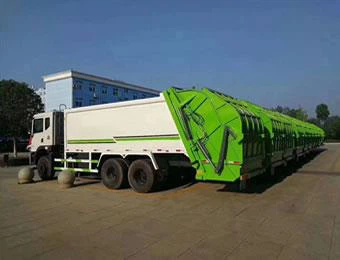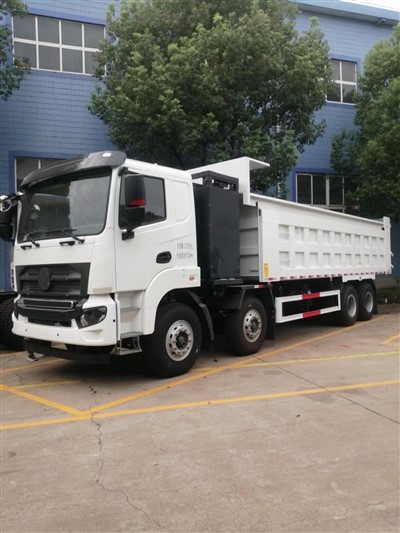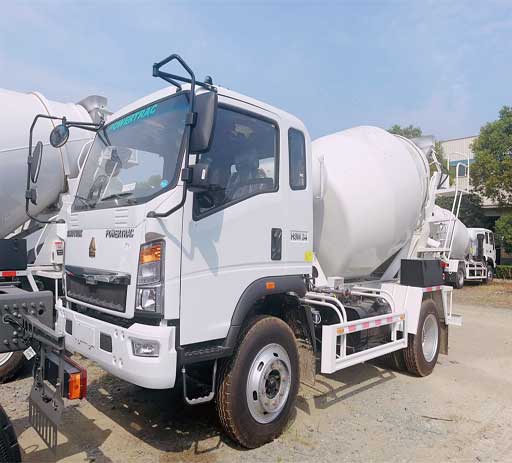Comprehensive Guide to Aircraft Fuel Trucks for Sale

Introduction
In the aviation industry, aircraft fuel trucks are essential for transporting fuel to various aircraft types. These specialized vehicles ensure that planes are refueled efficiently and safely on the tarmac. Whether you are an airport operator, a private jet owner, or an aviation business looking to expand, understanding the options for aircraft fuel trucks for sale is crucial. In this article, we will explore different types of aircraft fuel trucks, their features, maintenance, factors to consider when purchasing one, and much more, helping you make an informed decision.
Types of Aircraft Fuel Trucks
1. Conventional Fuel Trucks
Conventional fuel trucks are designed for standard refueling operations. They often come with a tank capacity ranging from 1,000 to 10,000 gallons, depending on the needs of the airport or aviation facility.
Features
- Robust construction made from durable materials
- High-capacity fuel tanks
- Integrated pump systems for efficient refueling
2. Mobile Fueling Units
Mobile fueling units are more compact and suited for smaller aircraft operations. These trucks usually have a lower tank capacity but can access locations conventional trucks may not reach easily.
Features
- Compact design for agility
- Ideal for remote or small airstrips
- Flexible tank sizes generally between 500 to 3,000 gallons
3. Aviation Refuelers
Aviation refuelers are specialized fuel trucks equipped with features tailored for jet fuel. They are optimal for servicing large commercial airliners and can handle higher volumes of fuel.
Features
- High-speed pump rates for rapid refueling
- Built-in filtration systems for quality assurance
- Automated nozzle systems for precise delivery
Key Features to Consider When Buying an Aircraft Fuel Truck
1. Capacity

The capacity of an aircraft fuel truck is one of the most crucial factors to consider. Deciding between larger or smaller tanks depends on the size of your operation and the volume of refueling needed.
2. Pumping System
The pumping system should be efficient and reliable. Look for trucks with high-flow pumps, advanced filtration systems, and automated controls to streamline the refueling process.
3. Safety Features
Given the hazards associated with aviation fuel, safety features are paramount. Trucks should come equipped with:
- Emergency shut-off systems
- Fire extinguishers and spill kits
- Grounding systems to prevent static discharge
4. Maintenance Support
Regular maintenance is vital for fuel trucks. Ensure that the manufacturer or dealer provides support, including parts availability and service schedules.
5. Regulatory Compliance
Aircraft fuel trucks must comply with various aviation standards and regulations. Before purchasing, verify that the vehicle meets local and international safety and operational regulations.
Cost of Aircraft Fuel Trucks
The price of an aircraft fuel truck can vary based on multiple factors. New trucks can range from $50,000 to over $200,000, depending on the type, capacity, and features. Used trucks can provide a more budget-friendly option, often available between $20,000 and $100,000.
Budgeting for a Fuel Truck
When budgeting for an aircraft fuel truck, consider:
- Purchase price or lease costs
- Insurance, licensing, and registration fees
- Maintenance and operational costs
- Fuel costs for initial operations
Where to Find Aircraft Fuel Trucks for Sale
1. Online Marketplaces
Websites like eBay, Craigslist, and specialized aircraft equipment websites may have listings for aircraft fuel trucks.
2. Aviation Trade Shows
Aviation trade shows are excellent opportunities to see various models, speak to manufacturers, and get the latest deals straight from the source.
3. Equipment Dealers

Reputable equipment dealers often have a variety of new and used fuel trucks. Establishing a relationship with a dealer can provide valuable insights and long-term support.
Practical Examples of Usage
Example 1: Small Airport Operations
A regional airport might use a mobile fueling unit for small aircraft refueling, ensuring that operations remain nimble and efficient. With a capacity of 1,500 gallons, these smaller trucks can reach various gates and handle multiple aircraft.
Example 2: Commercial Airline Hub
A major airline hub will often utilize multiple aviation refuelers that can handle large jets. These trucks, equipped with pumps that can deliver fuel rapidly, are crucial for maintaining tight schedules during peak hours.
Example 3: Remote Airstrips
For remote airstrips, a compact fuel truck is essential. Mobile fueling units are often the choice here, as they can navigate rough terrains while providing sufficient fuel capacity for essential services.
Maintenance Tips for Aircraft Fuel Trucks
1. Regular Inspections
Conduct regular inspections of the fuel truck’s tank, pumps, and hoses. Look for leaks, corrosion, or wear and tear.
2. Clean Fuel System
Ensure that the fuel system is clean and free from contaminants. Regular filter replacement is vital for optimal performance.
3. Follow Manufacturer Guidelines
Always follow the manufacturer’s maintenance schedule and guidelines to ensure safety and longevity.
Environmental Considerations
1. Fuel Spillage Management
Implement proper spill management practices to prevent environmental contamination. Keep spill kits readily available and train staff on response protocols.
2. Emission Regulations
Stay informed about local environmental regulations regarding emissions from fuel trucks. Compliance helps protect the environment and prevents potential fines.
Frequently Asked Questions (FAQ)
1. What type of fuel do aircraft fuel trucks carry?
Aircraft fuel trucks typically carry aviation fuels such as Jet A, Jet A-1, and aviation gasoline (AVGAS).
2. How do I maintain my aircraft fuel truck?
Regular inspections, cleaning the fuel system, and following the manufacturer’s maintenance schedule are essential for upkeep.
3. Can I purchase used aircraft fuel trucks?
Yes, many dealers and online marketplaces offer used aircraft fuel trucks, often at a reduced price compared to new models.
4. Are there any specific safety regulations for aircraft fuel trucks?
Yes, aircraft fuel trucks must adhere to strict safety standards set by aviation authorities, including emergency shut-off systems and proper labeling.
5. How fast can an aviation refueler fill a large jet?

Most aviation refuelers can fill a large jet in about 20 to 30 minutes, depending on the size of the tank and the pump rate.
6. Where can I find parts for aircraft fuel trucks?
Parts for aircraft fuel trucks can be found through the manufacturer, specialized aviation equipment suppliers, and some online retailers.
